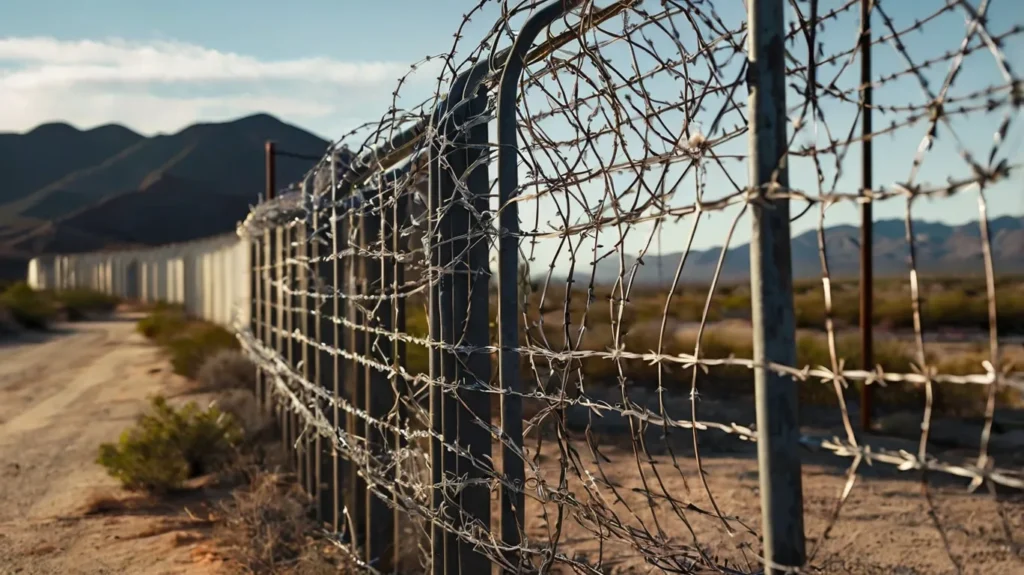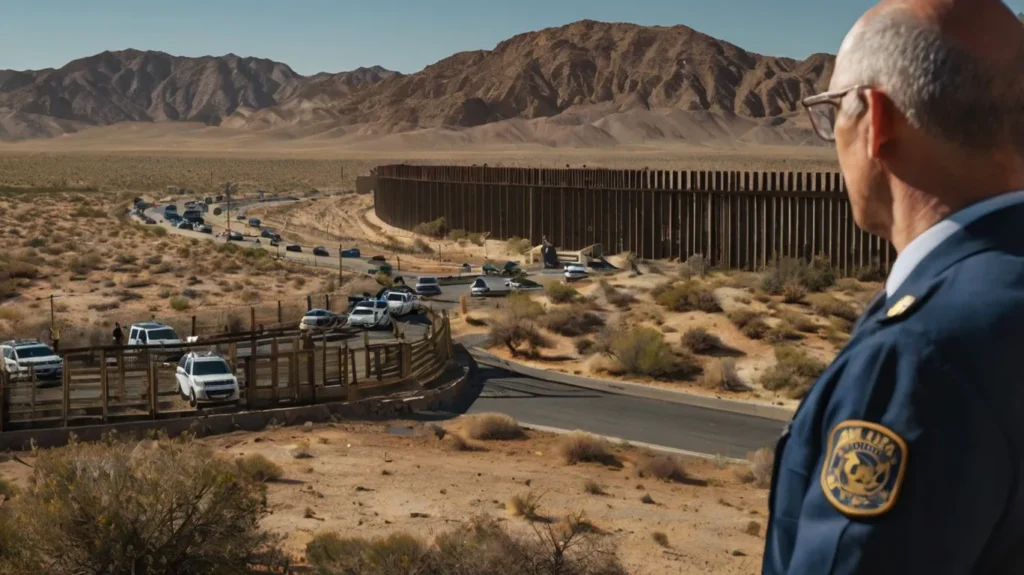Table of Contents
U.S. Mexico Border Dispute: Texas’ Legal Victory

The ongoing U.S.-Mexico border dispute has intensified with Texas’ recent legal win concerning its border security initiatives, particularly the controversial use of razor wire. This ruling, emerging from the state courts, enables Texas to advance its security measures, further igniting discussions surrounding immigration enforcement and border management.
Texas’ Legal Win on Razor Wire Implementation
Texas has received the green light to deploy razor wire and other fortifications along its border with Mexico. This decision is perceived as a critical victory for advocates of stringent immigration reforms and heightened border security measures. Governor Greg Abbott, a staunch supporter of robust border protections, has heralded this ruling as a mandate to continue pursuing aggressive strategies aimed at curbing illegal crossings.
Proponents of this legal decision emphasize that such measures are crucial for safeguarding American citizens and deterring illegal immigration. They argue that the increasing challenges posed by unauthorized crossings necessitate decisive action from state authorities to reclaim control over border security.
Voices of Dissent and Humanitarian Concerns

In stark contrast, the ruling has attracted considerable backlash from various advocacy groups and humanitarian organizations. Critics assert that the implementation of razor wire and similar physical deterrents poses significant humanitarian risks to vulnerable migrants seeking asylum. Human rights defenders underscore the potential for injury and loss of life among those attempting to navigate such treacherous barriers in their pursuit of safety.
The implications of this legal ruling extend beyond mere state governance, prompting inquiries into broader immigration policy, human rights considerations, and the evolving political landscape concerning federal oversight of border security. As legal challenges loom, the ramifications for national immigration policy remain highly contentious.
The Broader Impact on U.S.-Mexico Relations
This pivotal ruling unfolds in an already charged context of U.S.-Mexico relations. The Mexican government has openly expressed apprehension regarding the ramifications of Texas’ security measures on migrant wellbeing. On the U.S. side, policymakers face the difficult task of reconciling robust border enforcement with the humanitarian obligations owed to those fleeing violence and persecution.
The legal outcome not only underscores the disparities between state-level and federal immigration strategies but also raises critical questions about how this ruling may shape the actions of other states and the future of federal immigration policy. The evolving dynamic will require close observation as these developments unfold, revealing deeper insights into the broader implications for U.S.-Mexico relations in the years to come. ( Topinfo )


 Visit Our Google News Page
Visit Our Google News Page